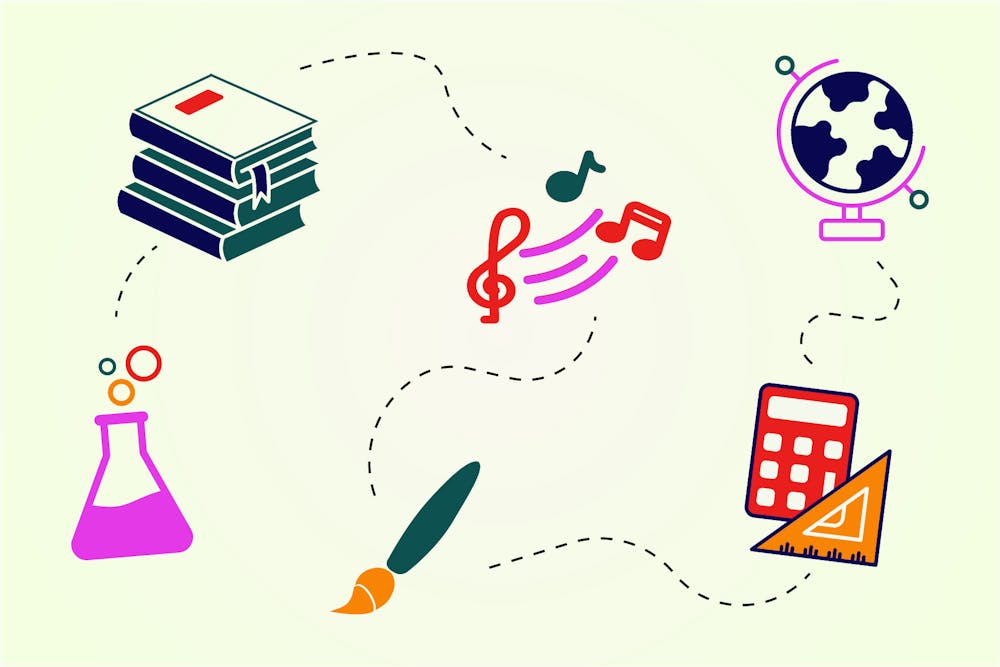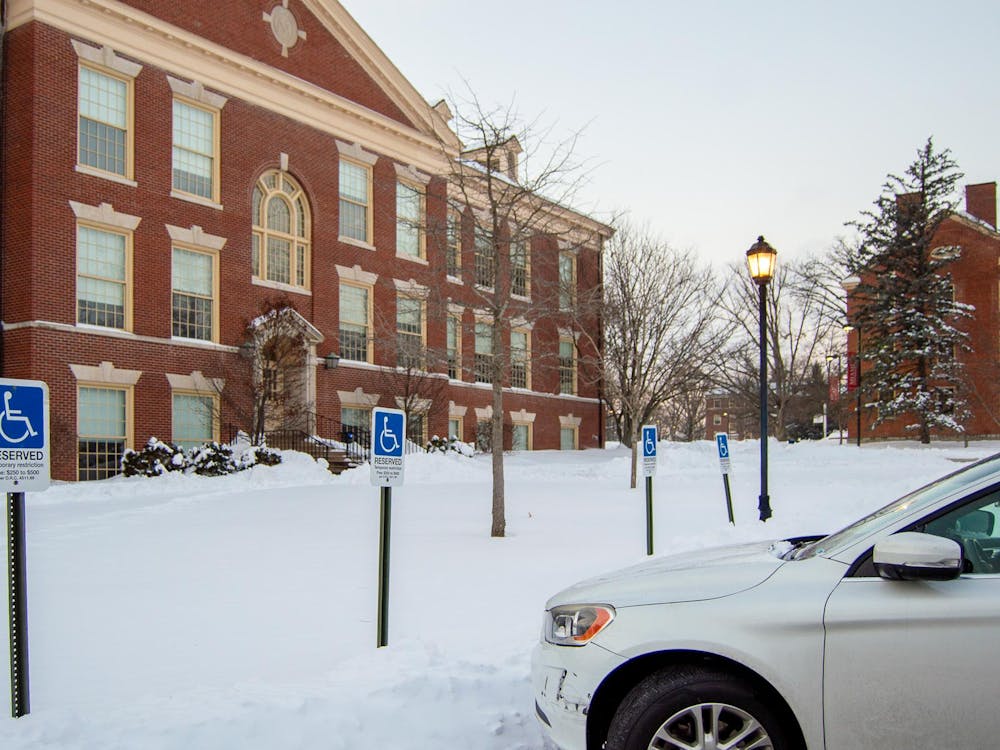When I was 18, I sat in a crowded lecture hall at Ohio University, crammed on both sides by people I didn’t know, freaked out about how I was going to keep my head above water. I felt myself begin to panic as I stewed in the warmth of other people when a large man wearing a sweat-stained shirt walked into the room, banged a book onto the lectern and just began lecturing.
No niceties. No roll. Just a large, open book, and then the chalk started flying.
I had enrolled in a Byzantine history class my first year because it fulfilled a university requirement and because I am, admittedly, a huge nerd.
That random class ended up being my favorite that entire year and among my favorites my entire time at Ohio University. My professor was not the most personable human being and barely paused to breathe while he lectured, but I loved every minute of every class. He told these amazing stories about the individuals we were studying and made me want to read more about people with names I could not pronounce.
That was the feeling of a lot of my classmates — we were all taking the class because we sort of had to, but all also just really loved it. Seats were rarely empty. It was the only class in my first quarter I did not skip because I was afraid I’d miss something.
I’m a graduate of the E.W. Scripps School of Journalism at Ohio University, but it was classes like that random history class that made my academic college experience. I could feel myself stretching as I read and learned about places, people and ideas I’d never encountered in my tiny, Appalachian Ohio town.
My Buddhist philosophy class taught me the importance of being in the moment. My art history class introduced me to artists I’d never heard of who are now among my favorites. In an African American studies class, I learned about the Middle Passage for the first time.
More than anything else, though, these classes taught me to think.
I learned to fact-check and interview in my journalism classes, but what I now recognize as liberal arts and humanities classes taught me to think. Taught me to grow.
Sometimes that growth was difficult. Sometimes it made me rethink assumptions I’d made about the world; other times it provided me the ability to more forcefully argue for the things I believed in.
David Foster Wallace, a problematic Generation X sage, once gave a commencement speech that celebrated the stretching a liberal education provides. The point of an education, he argued, is more than just “a material payoff.” It is, instead, the ability to think — to choose what to pay attention to, what to care about and “how to construct meaning from experience.”
“Because if you cannot or will not exercise this kind of choice in adult life, you will be totally hosed,” Foster Wallace once told a Kenyon College crowd.
Enjoy what you're reading?
Signup for our newsletter
A liberal education provides you the material to help you decide who, and how, you want to be in the world.
It seems super abstract and maybe like fluffy bullshit, but I preach it now because I lived it.
I live it still.
The liberal arts and the humanities — the bedrock of a liberal education — are under threat across the United States and the United Kingdom. What sort of world are we setting up for ourselves if the liberal arts and humanities are only available to a tiny subset of college students?
Here at Miami, 22 academic programs could disappear because people have been convinced they don’t make economic sense any longer as students are looking for more professional skills.
As a graduate of a prestigious professional school, I would argue that my grounding in the liberal arts and humanities made me better at my job. It helped me gain a deeper understanding of the world around me and helped me to make connections between sometimes very disparate ideas or experiences.
I like to think that my grounding in the liberal arts and the humanities has helped keep me from “getting hosed.” That seems ever more important as we now sit in a stew of artificial intelligence, toxic politics and disinformation.
A liberal education — like the one laid out by The Miami Plan — just may be your best defense against “getting hosed” once you leave Oxford. While you’re in Oxford, a liberal education just may provide a respite from all the other pressures you’re facing.
Sitting in a crowded lecture hall, listening to my professor breathlessly describe Byzantine imperial life, I forgot about my funny accent, my lack of funds and my parents’ hopes for me for an hour and a half. It was an escape I desperately needed sometimes.
Education is more than the degree. It’s more than skills or return on investment.
A liberal education can provide you both with material comfort and intellectual growth if you decide to embrace it.
Rosemary Pennington is an associate professor, area coordinator for journalism and a university senator.




